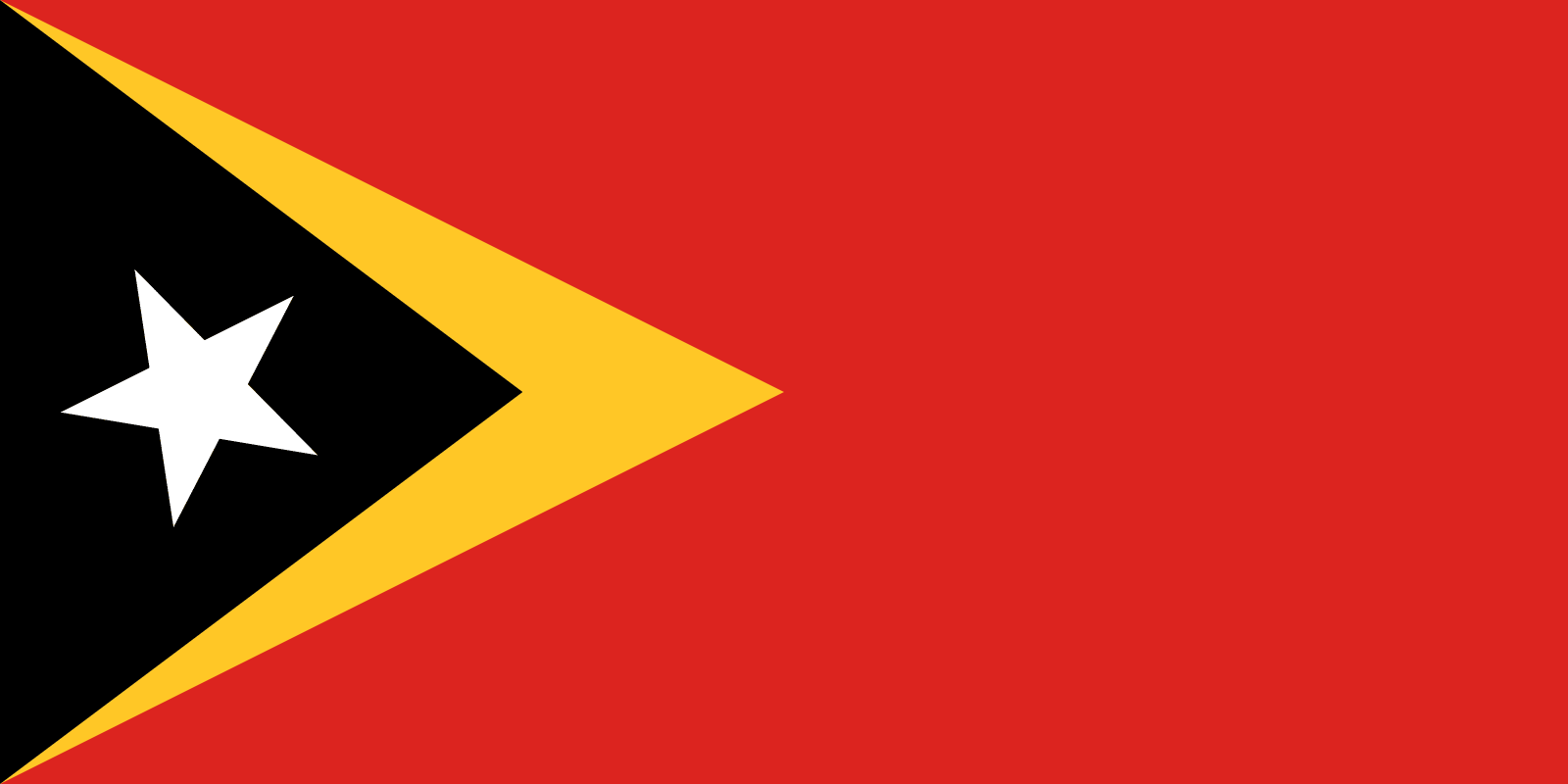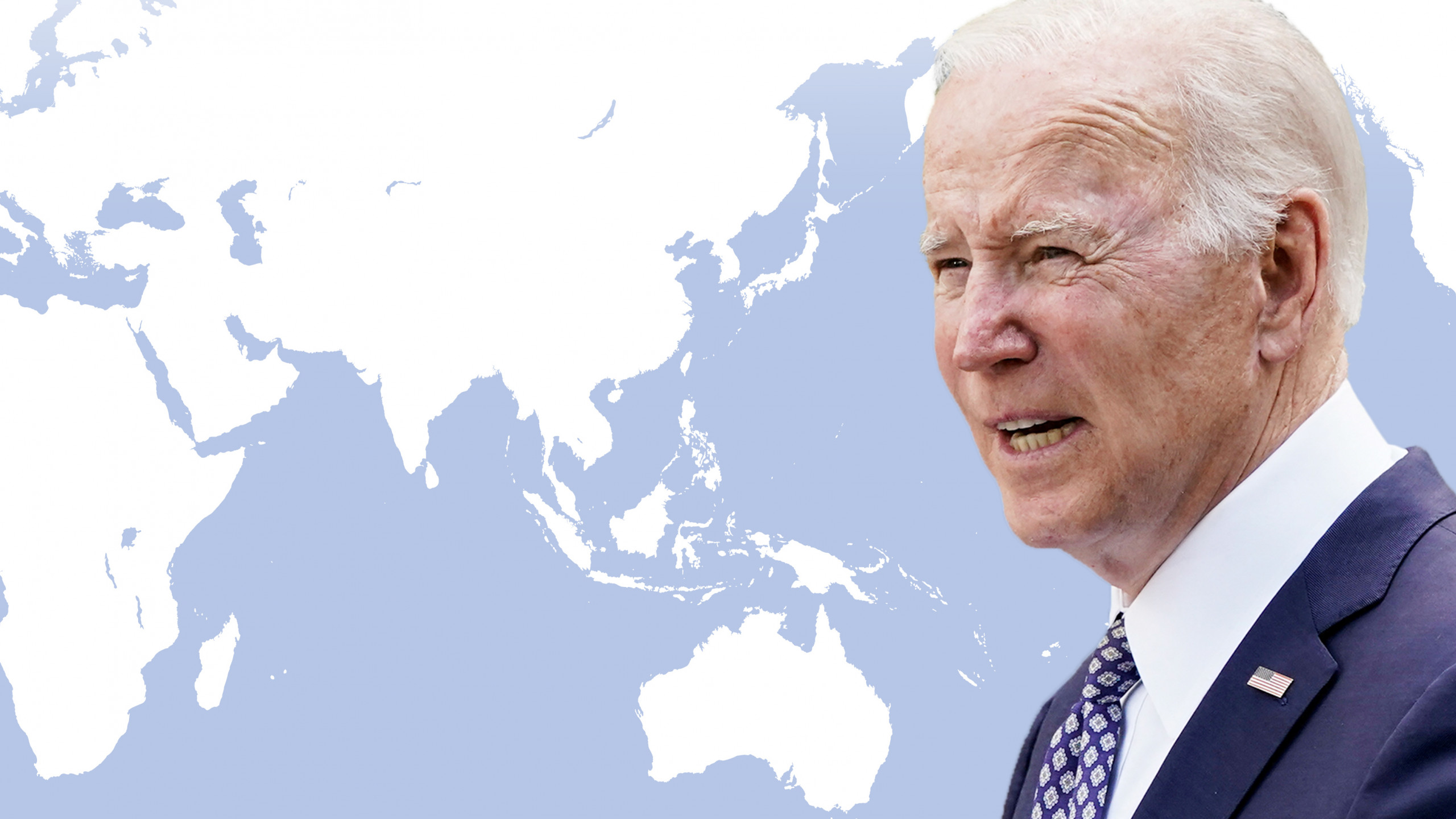Citizens of the youngest Asian democracy have chosen Ramos-Horta as their new leader. This is a return for the Nobel laureate who wants to join the Association of Southeast Asian Nations
East Timor has chosen its President: José Ramos-Horta, Nobel Peace Prize winner in 1996 and a key figure in the Indonesian resistance to occupation (1975-1999). Former president between 2007 and 2012, Ramos-Horta challenged the incumbent president Francisco “Lu Olo” Guterres to the second round of elections. It is the fifth election for one of the youngest democracies in Asia, and the first in the post-pandemic era. Therefore, the challenges that the new administration will have to face are not few, amidst the economic crisis and new political turbulence in the region.
Elections in East Timor: an overview
East Timor, also known as Timor Leste or Timor Lorosa-e, is the first Asian democracy to enter the 21st century. The Portuguese colonial rule lasted about 400 years until independence, declared in 1975. An independence lasted only few weeks, until 7th December of the same year. The emerging political leadership had gradually formed around the socialist independence forces. Enough to justify Indonesian President Suharto’s order to invade the country to fight Communism, which led to the violent oppression of the local population. In 1999, a referendum supervised by the United Nations confirmed the demand for autonomy by the citizens of East Timor. It was only in 2002 that official independence came, after almost three years of repercussions by the occupation forces.
The twentieth anniversary of independence - May 20, 2022 - will be the day of the beginning of the new presidency. The election of Ramos-Horta confirms the prevalence of key figures of the Resistance in the political landscape of East Timor. An interesting outcome in country where only about 33% of the population is over 30 years old. In fact, most of the 1.3 million citizens have only a limited experience of the violence of the occupation years. Much more familiar to many East Timorese is a stagnant economy and a challenging labor market. Living conditions have slowly improved over the last decade, but 42% of the population still lives in a state of poverty. The economic system is exposed to external shocks as it rests on a few vital sectors. Outside of international aid, most of the revenue depends on gas and oil, which make up 90% of total exports (and involve Italian companies such as Eni). Coffee is also a commodity that brings wealth to the country, but not enough to stabilize a labor market largely linked to the informal economy.
The future of East Timor and ASEAN
At the dawn of the election as the new president of East Timor, José Ramos-Horta referred to the goal of East Timor's entry into the Association of Southeast Asian Nations (ASEAN) by 2023. A promise made for the first time over ten years ago during the first mandate, when Dili's candidacy for joining the group was officially submitted. Next year, the current presidency will pass to Indonesia and, as the newly elected president says, joining ASEAN on this occasion "would be a highly symbolic gesture". East Timor’s entry into the bloc has been postponed several times because some member countries consider its economy still "too underdeveloped".
The ASEAN countries that have most intertwined relations with Dili are Cambodia and the Philippines. Manila is often associated with East Timor as the "big sister" among the (few) realities of the Catholic faith in Asia. The Philippine armed forces have also been involved in East Timorese affairs since the transition to an independent republic and contribute to the training of the army, along with Portugal, Brazil and - to a small extent - the United States. Phnom Penh has a partial influence on East Timorese foreign policy: in recent years Dili has sought the favors of Cambodia in view of the ASEAN presidency in 2022, but also the common bond with China has often favored the alignment of the two countries in different international issues (most recently, Phnom Penh pushed for Dili's abstention from the UN vote to condemn the coup in Myanmar).
The relationship with China is one of the keys to understanding the importance of Dili on the Asian chessboard. Like other small economies in the region, investments from Beijing represent a key growth opportunity. Opportunity that part of the ASEAN bloc itself would favor in order not to bear the costs of East Timor's development. However, the situation is much more complex due to the PRC increasingly approach towards small and poor-stricken countries in the area. A signal, according to analysts, that may trigger a security dilemma in the region. China was the first country to initiate diplomatic relations with the country in 2002 and has since contributed largely to the investments needed for economic recovery. Much infrastructure in East Timor is the work of Chinese companies (including government buildings and some military structures). And the opportunities did not end with the reconstruction: the entire port system must be strengthened to open the country to international trade, while there are still many oil and gas basins that have not yet been discovered and exploited. Finally, an increasingly determining factor in East Timor's fate will be climate change. The country is subject to extreme climatic phenomena which are intensifying over the years. The government alone does not have the resources to prevent and repair the damage that floods, earthquakes and landslides cause to the economy and society. Three quarters of the population depend on subsistence agriculture: this will therefore mean greater vulnerability to the limits of survival. And, therefore, growing risks in terms of economic and political independence.






